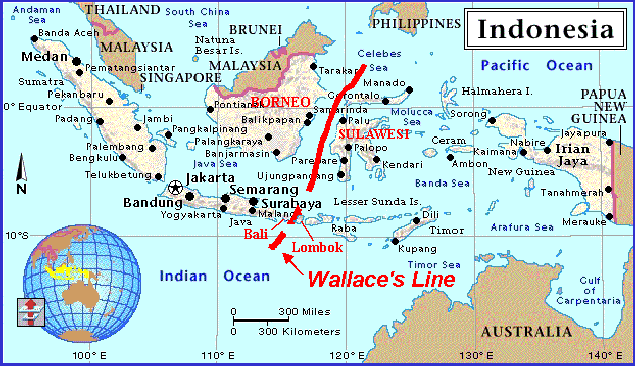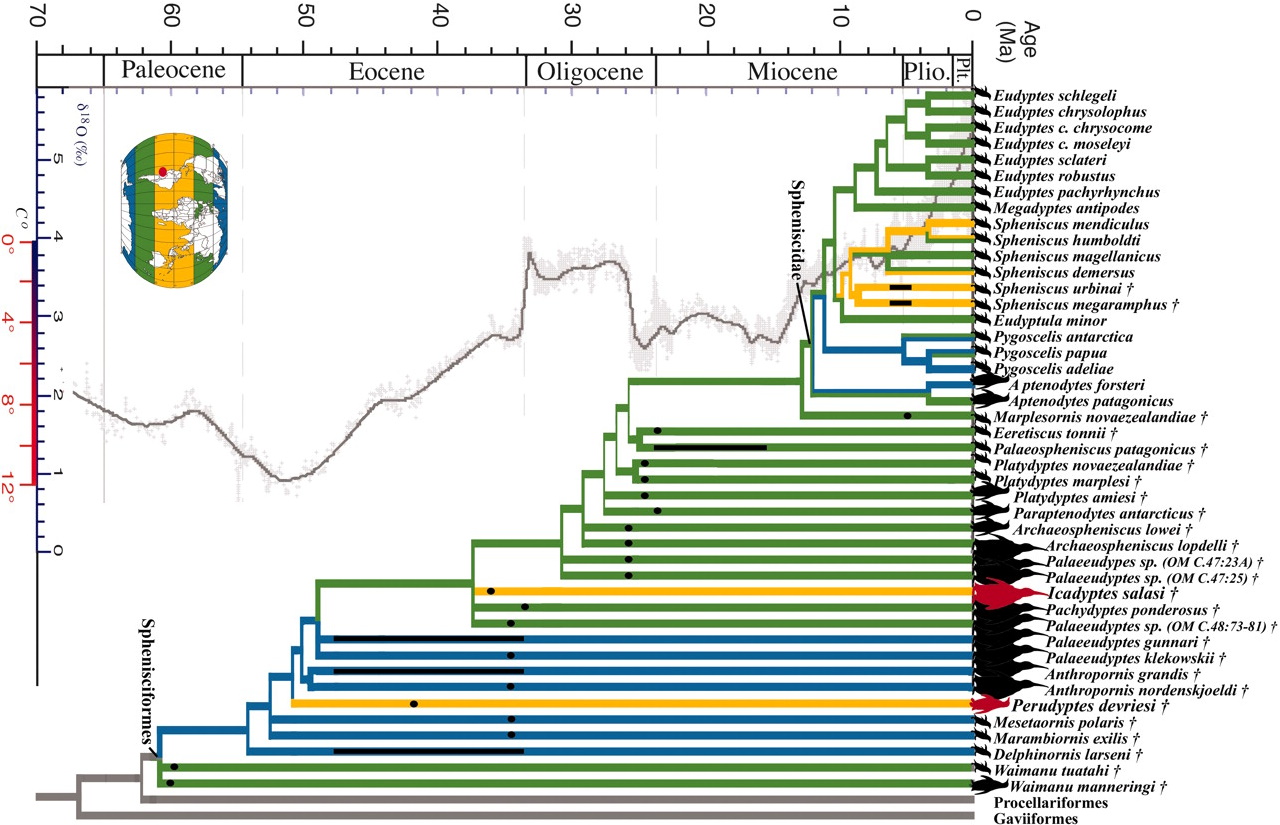Wednesday 11 June 2014
Lebo Tshangela
Penguins walk over a data
logger which picks up information stored in passive integrated
transponders implanted under their skin. (SABC)
A team from the university returned recently from a five-week research trip to island, where there is an on-going trend of declining numbers among several of the seabirds that breed on the island.
Pierre Pistorius and Makabongwe Sigqala implant special microchips into penguins on Marion Island. (Photo courtesy of the Nelson Mandela Metropolitan University)
Marion Island is the most pristine area in the world, located 1 200 km south of Port Elizabeth. It is between South Africa and Antarctica.
Speaking to SABC Digital News, Pistorius says the reason for the decline has to do with the geographical changes currently taking place in the Southern Ocean and this is related to increasing temperatures and global warming.
He says the other reason for the decline is that seabirds have to move long distances to find food for their offspring. “They have to work harder to find food, this results in breeding success being low or possible adult survival being low. That is why the seabirds are declining.”








No comments:
Post a Comment